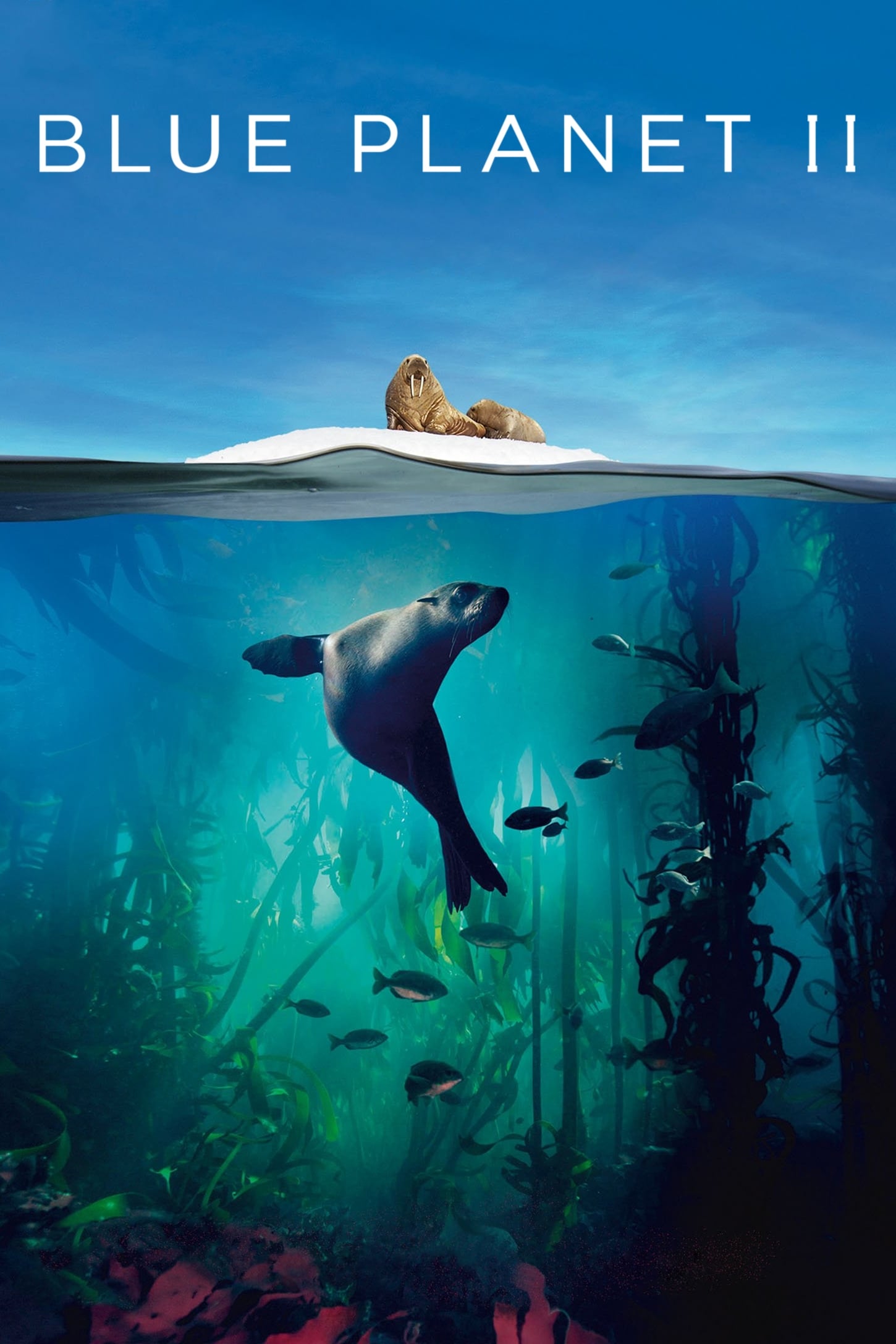

Unlike the series' predecessor, The Blue Planet, the high level of conservation messaging within Blue Planet II has been credited with raising awareness of plastic pollution to a nationwide audience (Jones et al., 2019), with total viewing figures reaching 14.01 million across the United Kingdom (BARB, 2017).
The blue planet series#
The topic of marine plastics gained public attention in the United Kingdom in the last decade, with the airing of Blue Planet II, a nature documentary series on marine life produced by the BBC, being reportedly one turning point (Hunt, 2017). Therefore to address plastic pollution, alongside the implementation of environmentally conscious policy and infrastructure, conservationists must also promote pro-environmental behaviors surrounding the consumption and disposal of plastics (Steg & Vlek, 2009). Marine litter, particularly plastic debris, is an emerging and critical environmental issue (Hartley et al., 2018), occurring as a result of human actions (Pahl, Wyles, & Thompson, 2017). However, the potential for Blue Planet II to have an impact at a wider societal level, namely through influencing policy, remains unexplored. Our results support the hypothesis that, due to the complexities of human behavior, exposure to a single documentary is unlikely to lead to a distinct increase in individual pro-environmental actions.

Although environmental knowledge was found to be positively influenced by Blue Planet II, this did not translate into a behavioral change among participants. We investigated the effectiveness of Blue Planet II as a behavior change intervention by conducting randomized control trials and used revealed preferences to measure plastic consumption behaviors. The documentary series Blue Planet II has been praised for driving changes in consumer behaviors by raising awareness about this issue, yet there is little evidence that directly links the documentary to viewers' plastic consumption. The global scale of the ocean plastics crisis demands a collective change in plastic consumption behaviors.


 0 kommentar(er)
0 kommentar(er)
